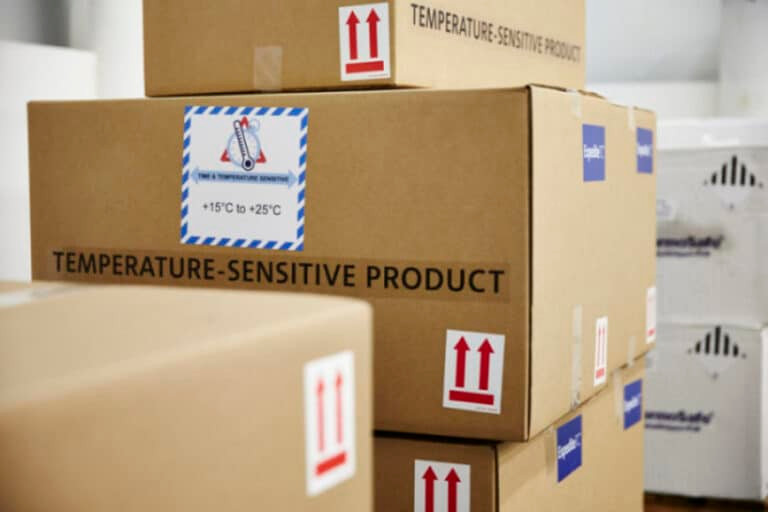A new generation of cold chains needs to be developed for the life sciences and healthcare industry to support improvements in global health standards, according to research by DHL Global Forwarding.
Critical challenges facing the healthcare industry as global demand for expensive, structurally complex and temperature-sensitive specialty drugs rises are highlighted in DHL’s white paper ‘The Smarter Cold Chain: Four essentials every company should adopt’.
“Astounding developments in the life sciences industry coupled with globalisation means there is an opportunity for better health, pain relief and cure from disease for many millions of people around the world,” says Frank Appel, (pictured below) chief executive officer of Deutsche Post DHL Group.
“But getting the medication to patients in the right condition and achieving that goal requires a complex balancing of cost and risk. It emphasises yet again the strong link between trade, logistics and the impact they have on improving people´s lives.”
Pharmaceutical transport is both expensive and sensitive. Product integrity is paramount and with global demand growing hand-in-hand with ever stricter compliance from regulators, the industry is in critical need of a new generation of cold chains developed to support rising demand and product safety.
All this comes against a background where global spending on healthcare is forecast to reach around US$1.3 trillion by 2018, with according to the World Economic Forum, about one third arising from health expenditure in emerging markets by 2020.
Specialty drugs and biologics (protein-based drugs) are among the growth areas, with US spending expected to reach US$401.7 billion in five years, according to Pricewaterhouse Coopers.
The transport of highly sensitive pharmaceuticals brings new complexity to the supply chain since they combine specific condition tolerances with high value. Their increased global demand and distribution is predicted to fuel approximately 60 per cent growth in cold chain logistics.
Angelos Orfanos, president of life sciences and healthcare at DHL Customer Solutions and Innovation warns that collapsed cold chains due to “non-appropriate” conditions could result in loss of a shipment worth hundreds of thousands of dollars.
“These are high stakes and a smarter supply chain is necessary to overcome the challenges,” he says. “As the life sciences and healthcare industry expands and transforms to meet the growing needs of the world, logistics providers need specialist investment in research and development as well offering the expertise needed to transport medicine and equipment. In the simplest terms – better logistics can contribute to better healthcare.”
According to the DHL report, life sciences and healthcare companies that want to overcome the challenges of maintaining product integrity, regardless of the climactic conditions faced during global distribution, will need to build a new generation of cold chains.
Author of the report Lisa Harrington, president of the lharrington group, and senior research fellow at the Robert H. Smith School of Business, University of Maryland, recommends firms collaborate with logistics service providers that have the right infrastructure in place and can ensure consistent processes on a global level. “Securing product integrity requires the physical infrastructure to be designed and operated for life sciences products only,” says Harrington. “It also requires having the right staff in place who fully understand end-to-end cold chain compliance. Healthcare companies have a responsibility to make sure their products arrive in perfect condition and partnering with the right logistics provider can ensure that.”



